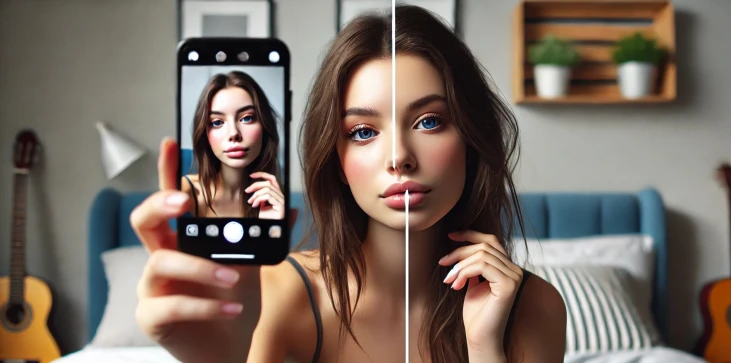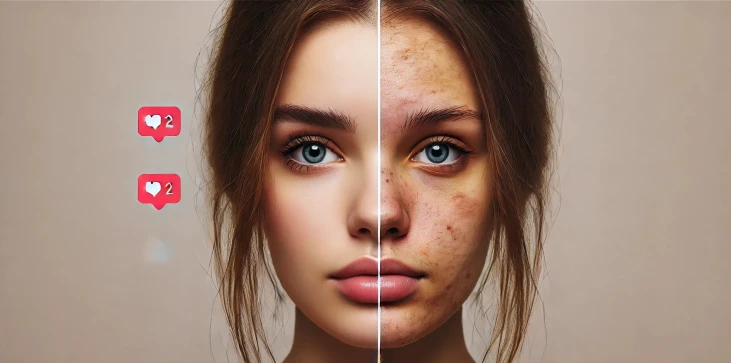
In the rapidly evolving world of social media, filters have become a powerful tool in shaping how we present ourselves and interact with others. Originally created to enhance the visual appeal of photos and videos, filters have grown to influence not only aesthetics but also perceptions of identity, beauty standards, and social interactions. This article explores the role of filters on social media, examining how they shape user behavior, influence communication, and affect societal trends. From Instagram to TikTok, filters have embedded themselves deeply into our digital experiences, making it essential to understand their broader impact.
Filters on social media provide users with a platform to experiment with their appearance and express their creativity. Through a simple swipe, users can alter their features, change backgrounds, or apply artistic effects that enhance their personal style. While this fosters creativity and self-expression, it also raises questions about the line between reality and digital manipulation. Do filters encourage individuality, or do they create unrealistic expectations of perfection?
Beyond the visual appeal, filters on social media can have profound psychological effects. Constant exposure to idealized versions of oneself or others can lead to body image issues, self-esteem problems, and even anxiety. The ability to manipulate one's appearance effortlessly can distort users' perception of reality, leading to a disconnection between their online and offline identities. What are the long-term implications of living in a filtered world where the line between real and artificial is increasingly blurred?
Filters on social media have had a noticeable impact on societal trends, especially in areas such as fashion, beauty, and even political expression. Popular filters often set trends that are adopted by millions, influencing everything from makeup styles to cultural movements. However, there is a concern that these trends may promote homogenization, where diversity and individuality are overshadowed by a pursuit of a singular, digitally-enhanced ideal.
Filters on social media are more than just a tool for enhancing photos—they are shaping the way we perceive ourselves, interact with others, and engage with societal trends. While they offer creative possibilities and can enhance self-expression, the psychological, social, and cultural effects they carry are profound. As social media continues to evolve, understanding the full impact of filters is crucial for ensuring that digital platforms promote both authenticity and diversity in the online world.

Filters can impact self-esteem by promoting idealized versions of beauty and perfection, which can cause users to compare themselves negatively to these enhanced images, leading to issues like body dysmorphia or low self-worth.
Yes, filters can enhance creativity, allowing users to experiment with different looks and styles. They also provide a way for users to express themselves artistically and to engage more with content in a fun, lighthearted way.
Filters can drive trends in areas like fashion and beauty, often promoting a certain aesthetic or ideal that many users follow. This can create societal pressure to conform to those standards, which can affect individuality and diversity in online spaces.